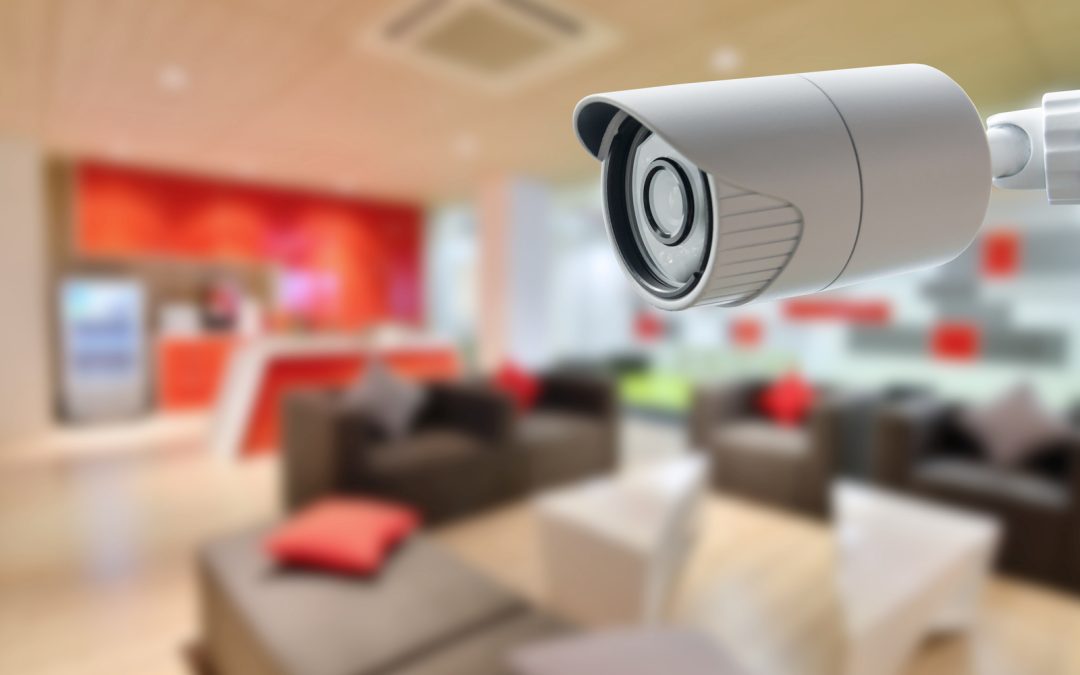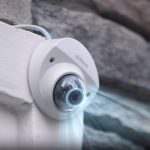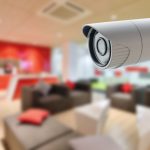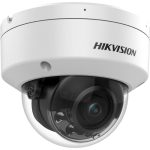Installing a CCTV security system is an effective way to protect your home or business, but if done incorrectly, it could land you in legal trouble. Western Australia has strict laws regulating CCTV use, and failure to comply could result in fines, legal action, or even imprisonment.
This can be an issue if you are trying to install a CCTV yourself or allow someone to do so without proper qualifications.
The Surveillance Devices Act 1998 regulates the use of surveillance cameras in Western Australia, including CCTVs systems. Punishments for violating these laws can range from fines of up to $5,000 or 12 months imprisonment (or both), while corporate offenders may face fines of up to $50,000.
This guide outlines the key legal requirements for installing, using, and sharing CCTV footage—so you can stay compliant while keeping your property secure.
Legal Guidelines for Installing CCTV in Western Australia
You can install a CCTV camera on your property, but it must only capture footage within your own premises. Privacy laws dictate that everyone should respect their neighbour’s privacy. Recording private areas beyond your property boundary—such as your neighbour’s home, backyard, or driveway—is illegal.
It is legal to install your camera that captures parts of public areas such as streets or footpaths, as long as the footage is incidental, so you can have one in your door, garage, or gate. However, you cannot install cameras in a way that intentionally or excessively captures footage of public spaces.
Examples of what’s NOT allowed:
- Installing a CCTV camera in your yard and pointing it toward a neighbour’s door or window.
- Intentionally directing a CCTV camera to capture a part of your neighbour’s yard, driveway, or property boundary.
- Excessively monitoring public areas, streets, or walkways, even if the camera is installed on your property.
CCTV Cameras with Audio: What’s Legal and What’s Not?
The laws on CCTV audio recording are even stricter than video recording because CCTV cameras that record sound are classified as “listening devices.”
It is clearly illegal to use these devices to capture private conversations.
Recording CCTV footage or audio without consent is a breach of privacy protection laws and therefore illegal as well.
In the same manner that you cannot just record private conversations with a bugging device or take a video of somebody using a smartphone, the same thing applies to CCTV cameras that capture sound, even if you install the CCTV in your property or space.
You cannot use CCTV devices to eavesdrop on employees, customers, or visitors.
That has implications on places such as an office space or commercial establishments, or even in your home.
To use CCTV cameras that also record audio, you should first secure the consent of anyone being recorded. That means securing an implied consent stating that you intend to record audio, or if you have an active police warrant to do so.
It is legal, however, to capture audio and video if it is within public interest. Here are examples where it is ALLOWED or legal to use CCTV cameras with audio recording:
- Using a CCTV as a baby monitor and unintentionally capturing conversations in the other room. In this case, the CCTV is being used for the safety of the baby being monitored.
- Setting up a CCTV to safeguard a house, an asset, or property perimeter due to recent burglaries or theft. You can argue that you set up the CCTV to secure your property due to the history of break-ins.
- Recording someone or a group of people committing a crime. The footage can be evidence of a crime and it is within public interest.
- Activating or using CCTV to record yourself or your home in an altercation to record events and protect yourself, or using your CCTV to record threatening phone calls. It is your best interest to protect yourself or your household.
- Programming CCTV to be active at night or off-hours to guard the entry points of your living space (windows and doors of your house or apartment) due to suspected or unwarranted stalkers. Or, setting up surveillance cameras at the office or your asset during off-hours. You can point out that you are not expecting somebody at those hours and you are just protecting your security.
If you are unsure, it would be best to just use CCTVs that do not record audio. Or, you can select CCTV cameras that will capture sound during an active intrusion or when an alarm is raised.
Laws about CCTV footage and who can access them
Another legal aspect of CCTVs is who can access and who can share the information. Note that it is illegal to publish CCTV footage of private conversations or telephone calls to social media or video-sharing platforms.
If the police request information or footage from your security camera, you have an option to comply or not.
Laws dictate that you can only share CCTV footages to:
- If the police have a warrant, a legal notice or order, requesting access to your CCTV footage.
- If you are a party to a conversation, or if the other party consents to it. For example, sending CCTV footage from your business to another secure location for safekeeping.
- Sending videos from recorded meetings where you have everyone’s consent.
Install and Use CCTVs with Expert Assistance at Rapid Alarms!
Every person has the right to secure his or her property, but it is also essential to respect the privacy of your neighbors and the public as well. Most of the laws about CCTVs have a lot to do with protecting privacy.
Save yourself from the headache of browsing laws and being sued by riled up neighbours. If you want to install a CCTV camera in your residence or business, head to us at Rapid Alarms. We have licensed CCTV installers that can install these systems in accordance with local laws while still fulfilling your security needs. Our professional installers will also help you understand how to operate and maintain security cameras without breaking the law, so contact us now.






